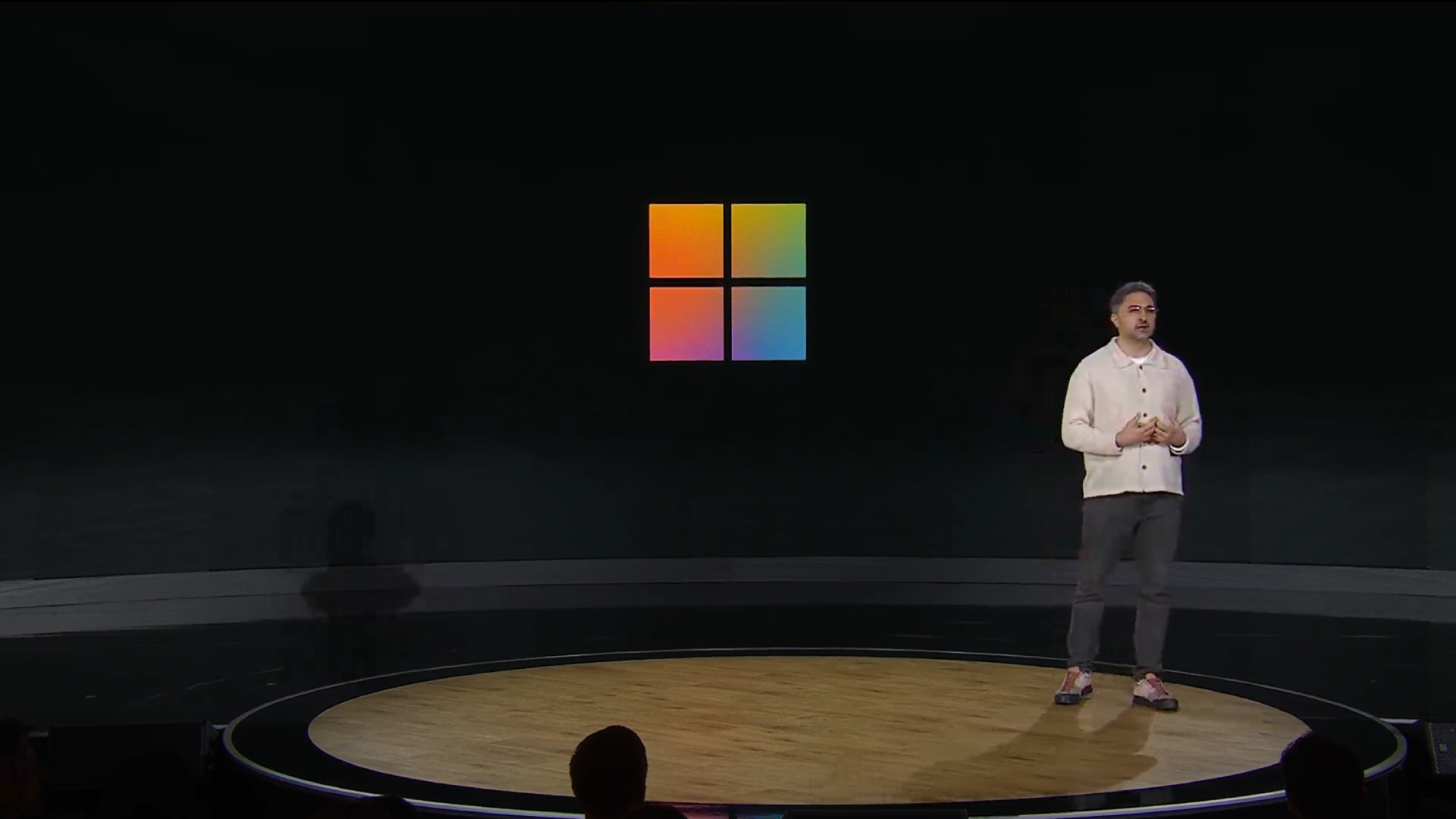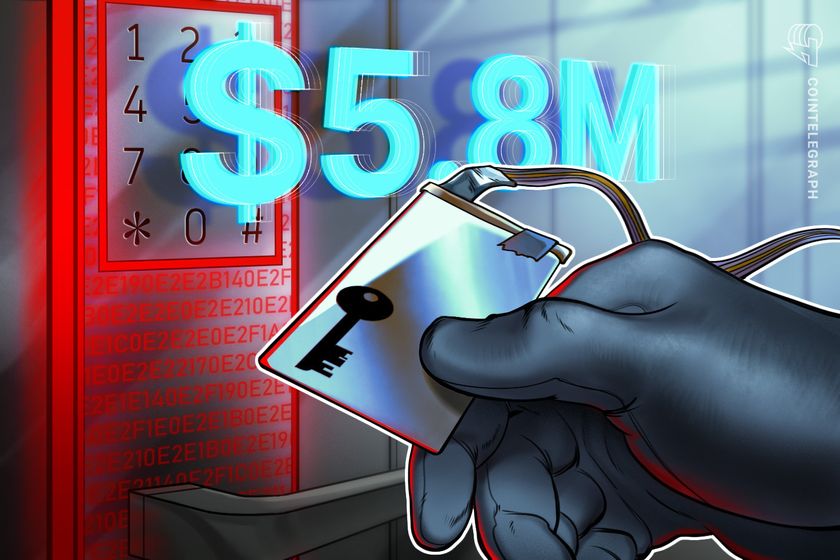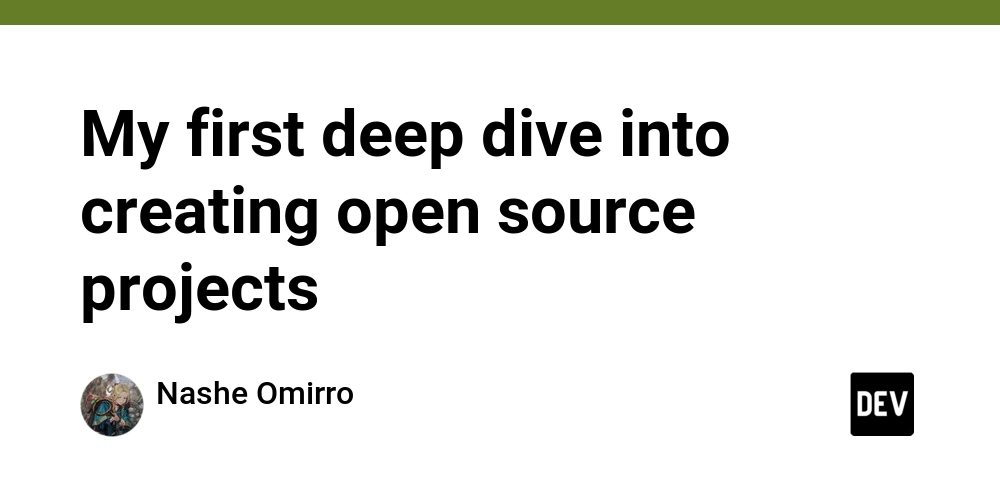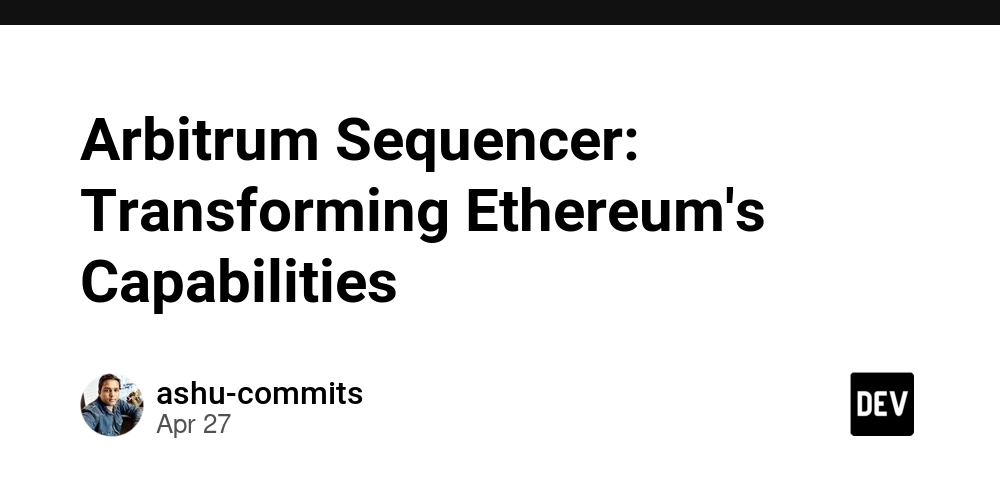Imposter Syndrome in Software Engineering – You're Not Alone
I remember staring at my screen after deploying a bug fix, thinking, "Someone’s going to find out I have no idea what I’m doing." It didn’t matter that I’d been writing production code for years. That little voice—the one that says you’re not good enough—never really goes away. Imposter syndrome is weird like that. It doesn’t care about your experience, your contributions, or your title. It creeps in when you're debugging a weird issue, sitting in a meeting with sharp teammates, or reading code that just seems way too elegant for you to have written. What We'll Talk About: What imposter syndrome feels like in our field Why it's especially common among developers Some mindset shifts and coping strategies that actually helped Why This Matters You’re not broken. You’re not alone. And most importantly, you don’t need to "fix" yourself to belong here. Let’s start with the obvious: this job is hard. Not just technically, but emotionally. You're expected to learn constantly, work with code that was written in a rush (also by you), and make decisions with incomplete information. And when things break—because they will break—you feel like the world is watching. Even if it’s just you. And the weirdest part? Nobody talks about it enough. What Imposter Syndrome Feels Like in Our Field Imposter syndrome for developers often isn’t loud. It’s quiet. It whispers things like: “You don’t actually understand this pattern, you just copied it from ChatGPT/StackOverflow.” “They think you’re good because you got lucky with that last project.” “You should know this by now. Why don’t you?” It can hit during a code review, or while pairing with someone who types faster than you think. And worst of all—it often hits after success. After a promotion. After a session. As if your wins are just accidents. Why It's So Common Among Developers A few reasons, at least in my experience: Software moves fast. There’s always a new framework, a new best practice, or some new tech everyone suddenly knows but you haven’t touched yet. It feels like running a race where the finish line keeps moving. We normalize struggle... in private. Everyone’s debugging in silence, but we only see the wins. We don’t see how long it took someone to write that “clean” code. We compare the worst of ourselves to the best of others. You see someone’s elegant GitHub project and think “I could never build that,” while ignoring the 40 tabs you have open just to write one function. There’s a myth of the “10x engineer.” And if you're not pushing PRs, writing blog posts, building side projects, and contributing to open source, it’s easy to feel like you're falling behind. (Spoiler: you're not.) Mindset Shifts That Helped Me I’m someone who deals with this regularly. But I’ve found a few things that make those voices a little quieter: Track what you’ve learned. Sometimes I just remind myself of small wins—like finally figuring out why a bug happened or learning a new Git command. It doesn’t have to be a big deal. Even remembering those little moments helps me see that I’m making progress. Ask questions—even when it’s scary. I used to think asking made me look dumb. Now I realize it shows I'm invested and curious. And more often than not, the senior dev I was afraid to ask says, “Oh, good question.” Surround yourself with honest devs. People who admit when they’re stuck. People who say “I don’t know” without shame. That’s the culture I want to be part of—and it makes a huge difference. Stop aiming for perfect. Aim for progress. Perfectionism and imposter syndrome are best friends. So now, I try to focus on moving forward—even if it’s a little messy. You’re Not Broken If you’ve ever felt like you don’t fully belong, that doesn’t make you weak. It makes you human. Confidence in tech isn’t a permanent state—it’s something you rebuild, over and over. And every time you push through, ask that question, commit that code, or help someone else, you're proving something to yourself: You belong here. Not because you're perfect. Not because you've mastered every language, every paradigm, or every tool. You belong because you're learning. Because you care. And because you're showing up—even on the hard days. If you’re reading this and nodding along, leave a comment or share your story. You’re not alone—and your experience might be exactly what someone else needs to hear.

I remember staring at my screen after deploying a bug fix, thinking, "Someone’s going to find out I have no idea what I’m doing." It didn’t matter that I’d been writing production code for years. That little voice—the one that says you’re not good enough—never really goes away.
Imposter syndrome is weird like that. It doesn’t care about your experience, your contributions, or your title. It creeps in when you're debugging a weird issue, sitting in a meeting with sharp teammates, or reading code that just seems way too elegant for you to have written.
What We'll Talk About:
- What imposter syndrome feels like in our field
- Why it's especially common among developers
- Some mindset shifts and coping strategies that actually helped
Why This Matters
You’re not broken. You’re not alone. And most importantly, you don’t need to "fix" yourself to belong here.
Let’s start with the obvious: this job is hard. Not just technically, but emotionally.
You're expected to learn constantly, work with code that was written in a rush (also by you), and make decisions with incomplete information. And when things break—because they will break—you feel like the world is watching. Even if it’s just you.
And the weirdest part? Nobody talks about it enough.
What Imposter Syndrome Feels Like in Our Field
Imposter syndrome for developers often isn’t loud. It’s quiet. It whispers things like:
- “You don’t actually understand this pattern, you just copied it from ChatGPT/StackOverflow.”
- “They think you’re good because you got lucky with that last project.”
- “You should know this by now. Why don’t you?”
It can hit during a code review, or while pairing with someone who types faster than you think. And worst of all—it often hits after success. After a promotion. After a session. As if your wins are just accidents.
Why It's So Common Among Developers
A few reasons, at least in my experience:
Software moves fast. There’s always a new framework, a new best practice, or some new tech everyone suddenly knows but you haven’t touched yet. It feels like running a race where the finish line keeps moving.
We normalize struggle... in private. Everyone’s debugging in silence, but we only see the wins. We don’t see how long it took someone to write that “clean” code.
We compare the worst of ourselves to the best of others. You see someone’s elegant GitHub project and think “I could never build that,” while ignoring the 40 tabs you have open just to write one function.
There’s a myth of the “10x engineer.” And if you're not pushing PRs, writing blog posts, building side projects, and contributing to open source, it’s easy to feel like you're falling behind. (Spoiler: you're not.)
Mindset Shifts That Helped Me
I’m someone who deals with this regularly. But I’ve found a few things that make those voices a little quieter:
Track what you’ve learned. Sometimes I just remind myself of small wins—like finally figuring out why a bug happened or learning a new Git command. It doesn’t have to be a big deal. Even remembering those little moments helps me see that I’m making progress.
Ask questions—even when it’s scary. I used to think asking made me look dumb. Now I realize it shows I'm invested and curious. And more often than not, the senior dev I was afraid to ask says, “Oh, good question.”
Surround yourself with honest devs. People who admit when they’re stuck. People who say “I don’t know” without shame. That’s the culture I want to be part of—and it makes a huge difference.
Stop aiming for perfect. Aim for progress. Perfectionism and imposter syndrome are best friends. So now, I try to focus on moving forward—even if it’s a little messy.
You’re Not Broken
If you’ve ever felt like you don’t fully belong, that doesn’t make you weak. It makes you human.
Confidence in tech isn’t a permanent state—it’s something you rebuild, over and over. And every time you push through, ask that question, commit that code, or help someone else, you're proving something to yourself:
You belong here.
Not because you're perfect. Not because you've mastered every language, every paradigm, or every tool.
You belong because you're learning. Because you care. And because you're showing up—even on the hard days.
If you’re reading this and nodding along, leave a comment or share your story. You’re not alone—and your experience might be exactly what someone else needs to hear.






























































































































































![[The AI Show Episode 143]: ChatGPT Revenue Surge, New AGI Timelines, Amazon’s AI Agent, Claude for Education, Model Context Protocol & LLMs Pass the Turing Test](https://www.marketingaiinstitute.com/hubfs/ep%20143%20cover.png)



























































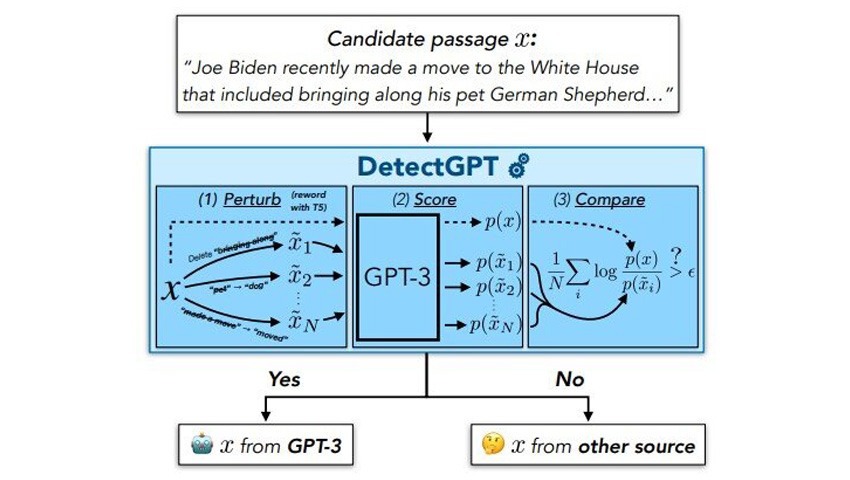


















































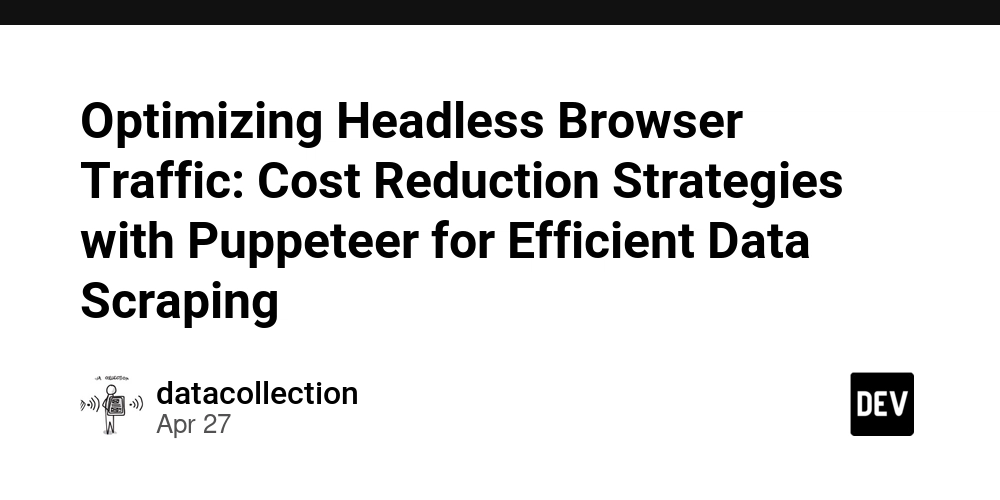












![[FREE EBOOKS] AI and Business Rule Engines for Excel Power Users, Machine Learning Hero & Four More Best Selling Titles](https://www.javacodegeeks.com/wp-content/uploads/2012/12/jcg-logo.jpg)




















































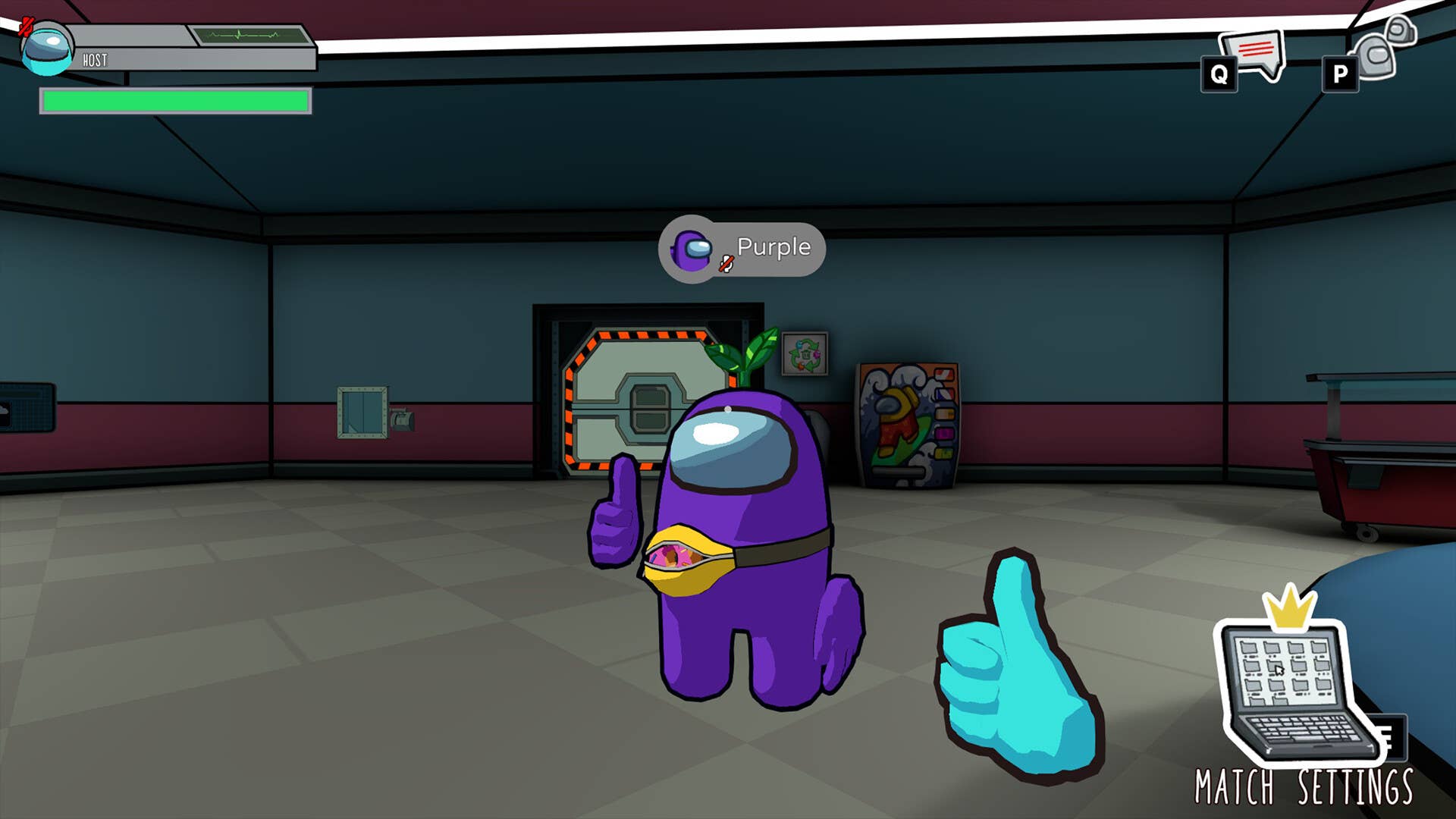










































































![iPadOS 19 May Introduce Menu Bar, iOS 19 to Support External Displays [Rumor]](https://www.iclarified.com/images/news/97137/97137/97137-640.jpg)














































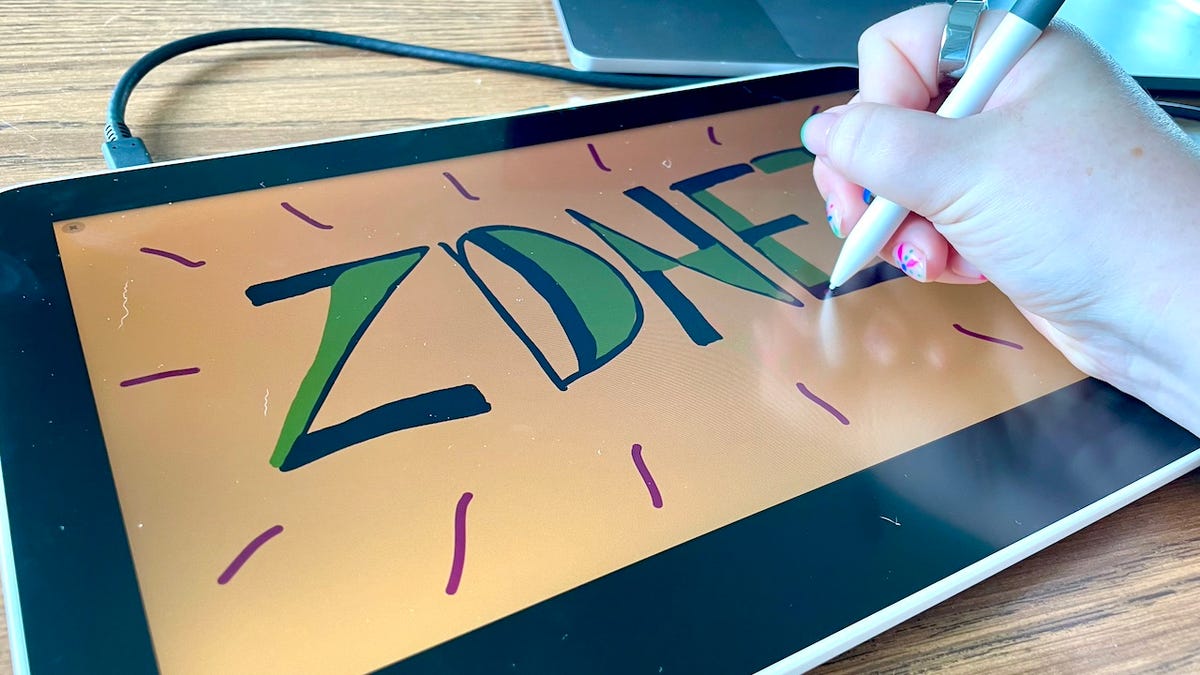




























































![Hostinger Horizons lets you effortlessly turn ideas into web apps without coding [10% off]](https://i0.wp.com/9to5mac.com/wp-content/uploads/sites/6/2025/04/IMG_1551.png?resize=1200%2C628&quality=82&strip=all&ssl=1)




![This new Google TV streaming dongle looks just like a Chromecast [Gallery]](https://i0.wp.com/9to5google.com/wp-content/uploads/sites/4/2025/04/thomson-cast-150-google-tv-1.jpg?resize=1200%2C628&quality=82&strip=all&ssl=1)












![Apple Drops New Immersive Adventure Episode for Vision Pro: 'Hill Climb' [Video]](https://www.iclarified.com/images/news/97133/97133/97133-640.jpg)



















